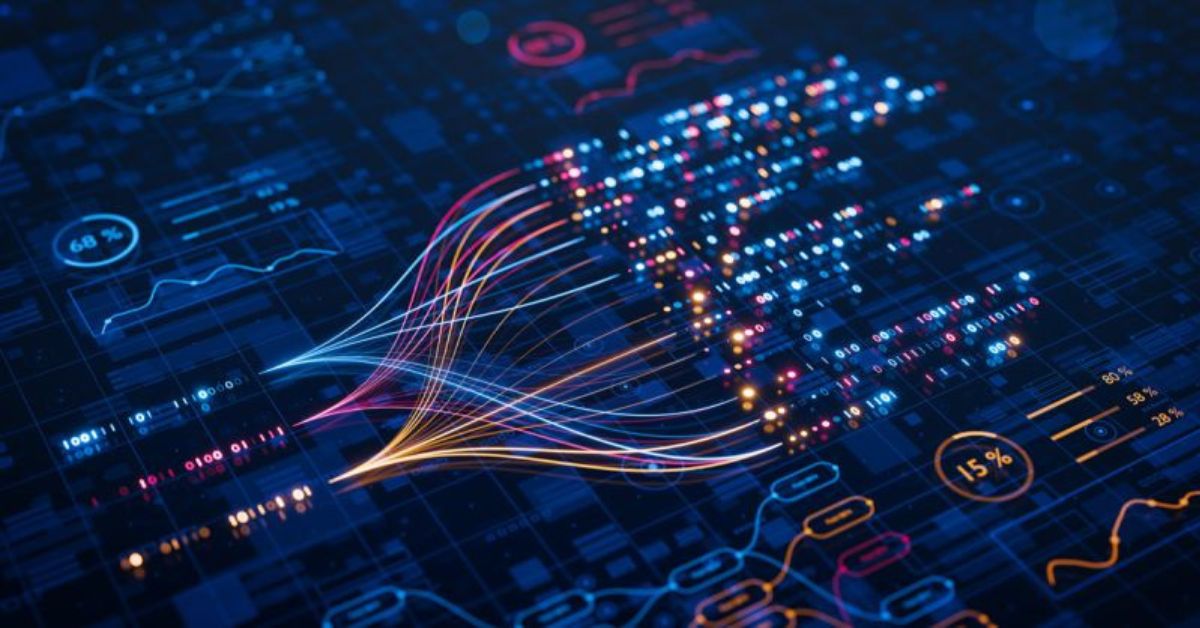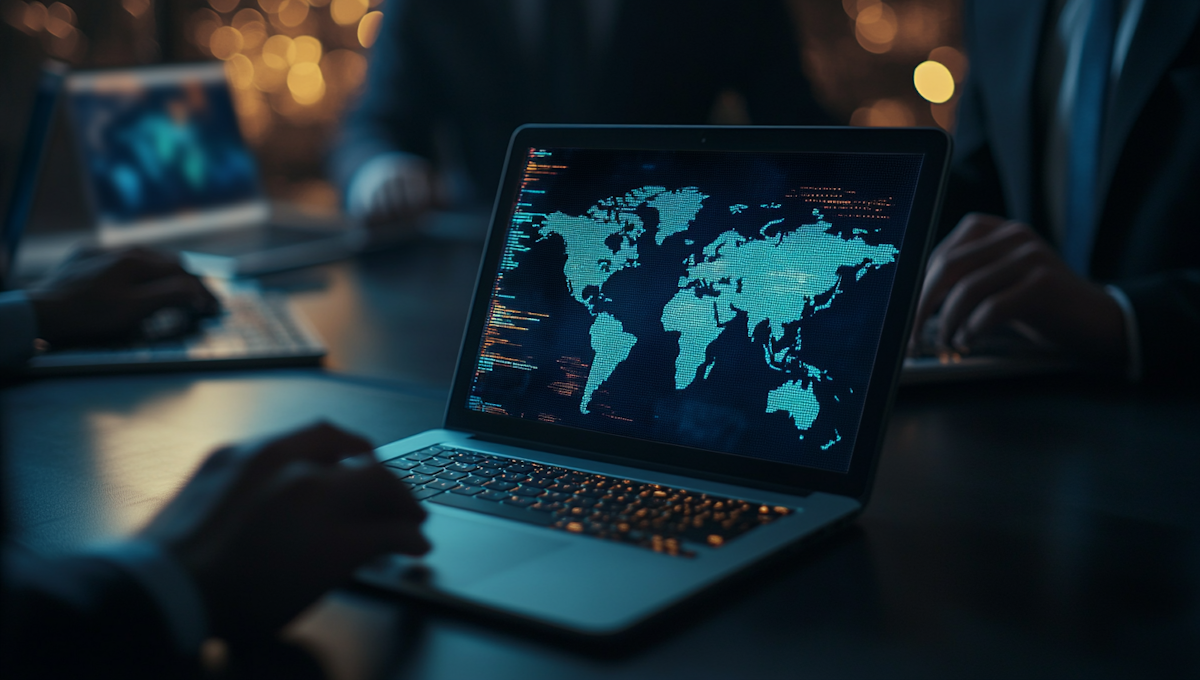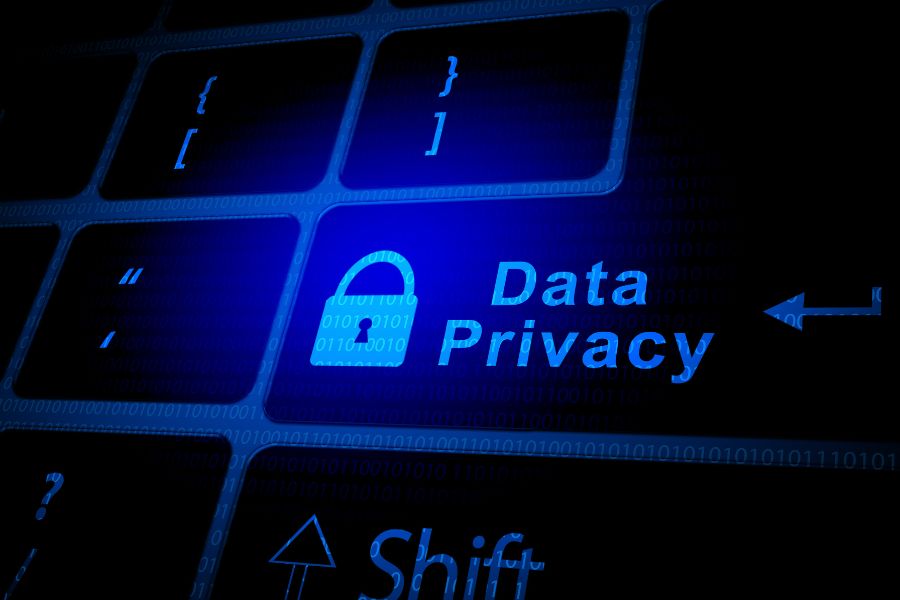VPNs and the Global Right to Digital Privacy
October 24, 2025, 3 min read
Privacy is no longer just a personal concern, it has become a global issue tied to freedom, democracy, and access to information. Around the world, billions of users rely on digital connections to work, communicate, and express ideas. Yet those same connections expose them to surveillance, data exploitation, and censorship. As governments and corporations expand their control over digital spaces, the ability to protect one’s online identity has become an essential part of human rights in the modern era.
The Changing Definition of Privacy
Digital privacy used to mean keeping personal details safe from hackers. Today, it also means defending the freedom to explore and communicate without constant observation. Data collection has become an everyday process, shaping decisions about what users see, buy, and believe. While convenience and personalization have clear benefits, they come at the cost of control.
As awareness grows, more individuals and organizations are calling for stronger digital rights frameworks. Privacy is being redefined not as a privilege, but as a condition for free participation in the digital world.
VPNs as a Tool for Freedom and Protection
Among the many technologies designed to secure online communication, Virtual Private Networks have gained special significance. A VPN encrypts the connection between the user and the internet, ensuring that online activity cannot be easily tracked or intercepted. Beyond individual protection, VPNs also enable access to open information in places where digital restrictions limit freedom of expression.
For journalists, researchers, and activists, VPNs represent more than security, they are a gateway to knowledge and transparency. They help users cross digital borders, supporting the global exchange of ideas that underpins modern democracy.
Building Global Cyber Resilience
The discussion around cybersecurity is no longer limited to IT departments. It now involves governments, businesses, and civil society. Data sovereignty, network regulation, and privacy standards are shaping international policy. At the same time, cybercrime and digital surveillance continue to grow, challenging even the most advanced systems.
Building global cyber resilience requires both technology and ethics. Users must be empowered to protect themselves, but the tools to do so must remain accessible and transparent. The goal is to make digital protection a shared responsibility, not a privilege for the few.
Making Security Accessible to Everyone
For widespread security adoption, affordability matters. The ability to protect one’s privacy should not depend on income or location. Cybernews draws attention to this by noting how verified offers such as a VPN coupon help make high-quality protection tools more widely available. By reducing cost barriers, these deals encourage more people to use secure connections, helping create a safer and more open global internet.
A Future Built on Digital Rights
As technology continues to shape global society, the right to privacy will stand alongside freedom of speech and access to information as a cornerstone of democracy. The movement toward stronger cybersecurity is not just technical; it is moral. Protecting one’s digital identity is now an act of autonomy and awareness.
VPNs are more than a product; they are part of a broader vision for how people should live and communicate safely online. In protecting our data, we are also protecting our freedom, our voices, and the shared trust that connects the world.




























